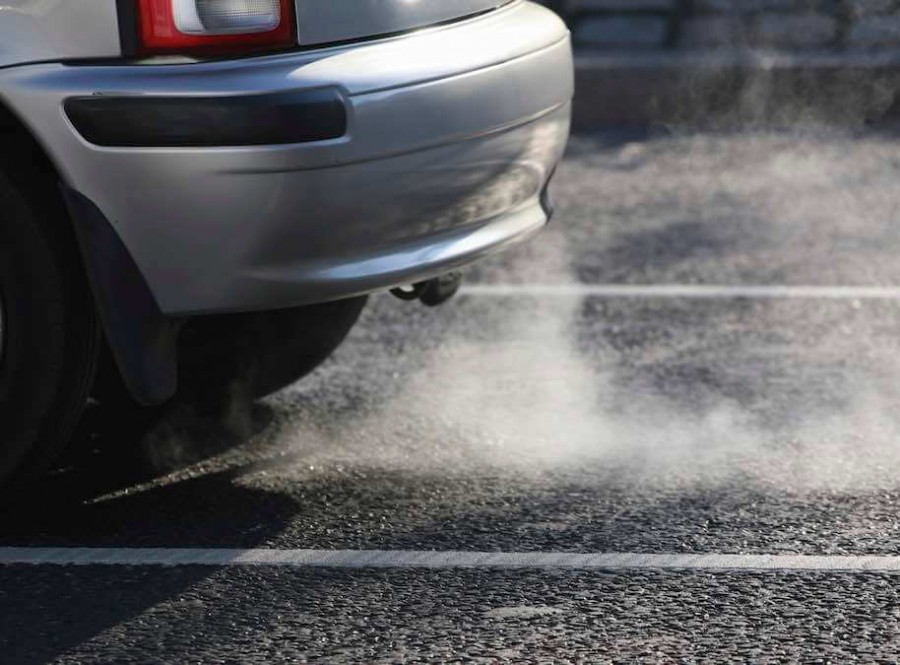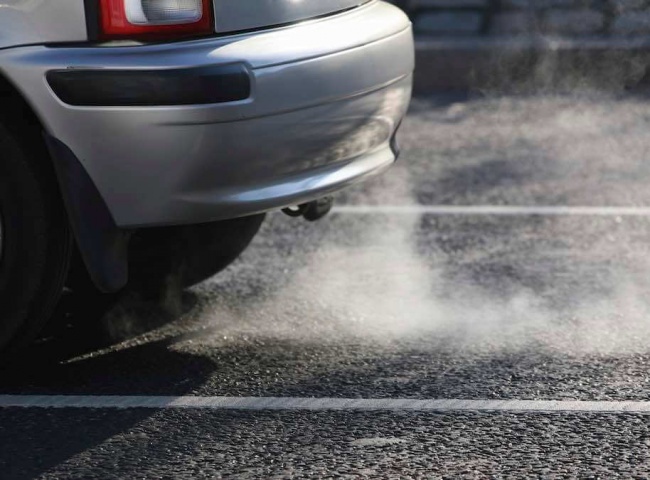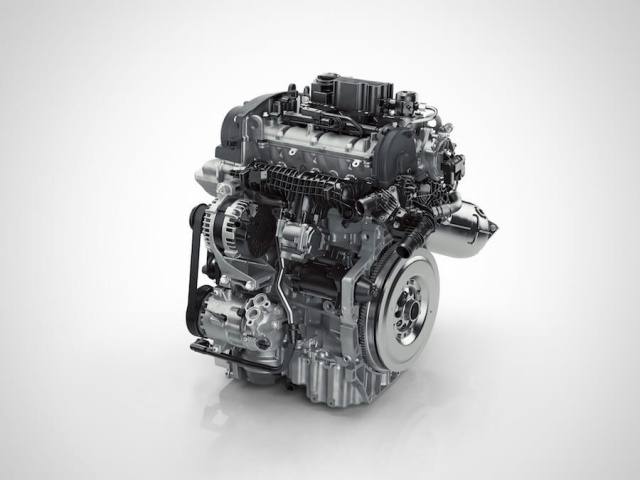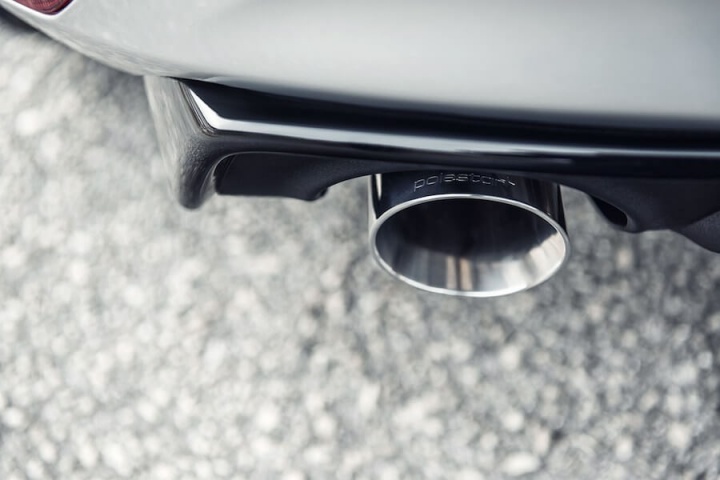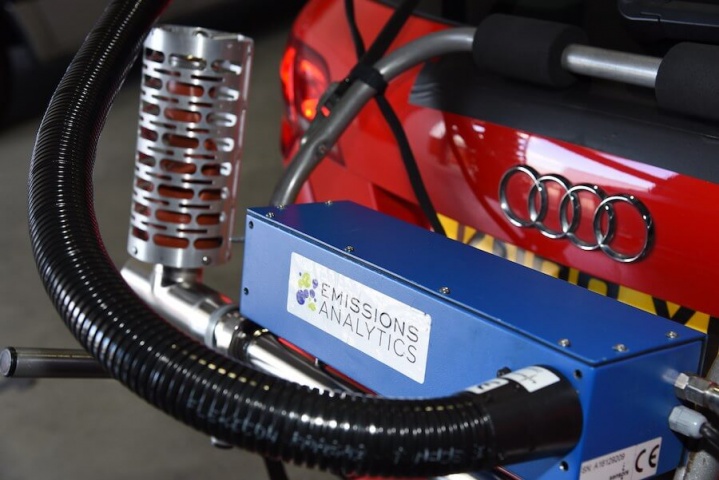With diesel now in (slow) decline, legislators, manufacturers and eco-warriors are staking out a new battleground of petrol engine emissions.
European legislators are being accused of giving car makers too easy a ride when it comes to enforcing emissions regulations for petrol-engined cars. Leaked draft proposals, obtained by environmental pressure group Transport & Environment (T&E) seem to show that the upcoming legislation for real-world driving emissions (RDE) will allow car makers to exceed the stated limits on pollution by as much as 50 per cent.
The battleground over emissions has shifted in recent months, as diesel sales begin (slightly) to decline and petrol engines are once again becoming more popular. The generally held-belief is that petrol engines are cleaner in air pollutants than their diesel cousins, but worse when it comes to climate-altering Co2. Those shorthand sketches are only partially true, however.
Florent Grelier, clean vehicles engineer at T&E, said that: “until now the appalling air pollution in our cities has been largely caused by diesel vehicles fitted with cheap, ineffective exhaust treatment that pumped out nitrogen oxide emissions over five times the legal limit. Weak tests and compromised type approval authorities enabled manufacturers to get away with this. Now there is a new source of particle emissions, petrol cars with advanced engines. A cheap and effective solution exists in the gasoline particulate filter, but carmakers want to relax the test conditions so they can save the €25 that would fix the problem for good.”
According to the documents seen by T&E from 2018 all new cars would be allowed to emit 50 per cent more lung cancer-causing particulates (PN) than allowed under Euro 6 air quality legislation. But some governments, including those of Spain and Sweden, want to delay its introduction by one year as well allowing 50 per cent more PN. The car industry wants to allow emissions 300 per cent higher, enabling carmakers to avoid fitting a particulate filter to petrol engines. If the car was fitted with this filter, emissions would be around 100 times lower than without one. Car makers though are saying that the €25 cost-per-car is misleading, as such items require significant up-front investment in manufacturing and production.
The real-world driving emissions (RDE) test has come about in the wake of the scandal triggered by Volkswagen and its admission of sidestepping laboratory emissions tests. The real-world test has been proposed as a way of both creating more accurate measurements of the pollutants and exhaust gases emitted by a car when it is being driven normally, and also of generating more realistic fuel economy data for consumers.
Some companies, including PSA Peugeot Citroen, have already begun to conduct real-world testing for emissions and consumption, and these tests will likely form the basis of the official testing procedures for 2018. Gilles Le Borgne, Executive Vice President, Research & Development at PSA, said that “the PSA Group has published real-world consumption data for 30 Peugeot, Citroën and DS models, in line with the commitment to transparency made in October 2015. As part of its drive to continuously provide customers with more information, the Group will publish figures for another 20 models by the end of the year and introduce a simulator allowing customers to reduce their fuel consumption depending on driving conditions, thereby lowering their Co2 emissions. In 2017, the PSA Group will move to the next level by extending measurements to pollutant emissions of nitrogen oxides (NOx) in customer driving conditions.”
While NOx has been seen as the bad boy of emissions, especially from diesel cars, the focus has now moved on to particulate emissions, or the tiny, microscopic particles of carbonised soot emitted by engines. Diesel powerplants have long been seen as the primary source of such particles, leading to the development of exhaust filters, which can clean up the gases coming out of the back of a car, but which fill up with soot and must be periodically cleaned, either by heat from the exhaust itself on a long journey or, more expensively, by a visit to the garage. Petrol engines had been considered generally clean when it came to particulates, but recent research has shown the latest generation of small-capacity, turbocharged, direct-injection petrol engines can actually produce as much soot as an equivalent diesel. "The techniques we've used to reduce engine capacities will no longer allow us to meet emissions standards," said Alain Raposo, head of powertrain at the Renault-Nissan alliance, speaking to Reuters. "We're reaching the limits of downsizing.” Petrol engines have gained ground on their diesel counterparts in sales across Europe in the past year. Diesel’s share of the European car market fell from 52 per cent last year to 50 per cent in 2016 to date. In Ireland so far this year, diesel sales have fallen below 70 per cent of the total market for the first time since the motor tax system was changed in 2008, and now stand at 69 per cent of all sales.
Harmful levels of air pollution are endemic in European cities, with pollution especially concentrated close to roadsides, causing a claimed 500,000 premature deaths annually and costing the EU a staggering €1 trillion a year. Despite the fact that air pollution limits for cars, vans and trucks have been progressively tightened on paper, campaigners claim that obsolete tests and optimisation strategies deployed by car manufacturers have meant that regulations have failed to deliver significant real-world improvements.
Florent Grelier of T&E told us that “the EU was warned about the risks of new gasoline engines three years ago. Finally the regulations are being finalised but in a way that bends to the will of the automotive industry. This is a ‘Petrolgate' scandal in the making. Unless the European Commission and governments establish strict test procedures to protect the industry from its own short-sightedness, within a few years we will see continuing high levels of particles killing hundreds of thousands of citizens prematurely.”

